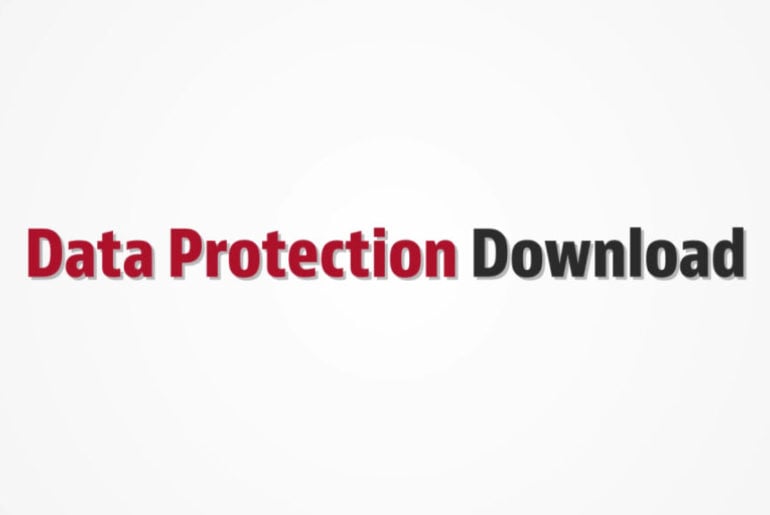On 8 June 2020 the UK Government published its response to the Department for Digital, Culture, Media and Sport (“DCMS”) Select Committee’s report on Immersive and Addictive Technologies (“Report”). The response sets out the Government’s next steps regarding issues identified in the Report, which will be relevant for companies in the video games sector as well as those involved with immersive technologies. This could result in increased regulation in certain areas. For example, the outcome…
NHS AI Lab has released a short buyer’s checklist to guide organisations through procuring AI solutions. It’s been published in light of COVID-19 – the pandemic presents a huge opportunity to accelerate the uptake of innovative digital solutions at scale. In the UK, healthcare organisations are receiving multiple proposals for AI healthcare applications. This could ease the burden on hospitals facing enormous demands on time and clinical resource. The guide focuses on providing assurance that…
In the weeks and months ahead, contact tracing technologies will play a critical role in the societal fight against COVID-19, and the quest to restore order. A number of recent developments both in the European Union and the United Kingdom offer insight on the regulatory expectations in the widespread use of location data for this new health policy purpose. In this post, we summarise key points from the following UK and EU regulatory guidance, which…
Whether your company is new to the digital health space, or enhancing its existing digital health offering in response to COVID-19, here are our top 5 legal issues to bear in mind as you embark on your journey. COVID-19 is accelerating the adoption of digital health solutions by hospitals and medical institutions around the world. Companies are innovating at lightning speed to adapt to new needs: patients are being treated remotely through mobile doctor apps,…
It doubtless goes without saying that home working increases potential cyber security risks. This is especially the case when users are being permitted to use their own devices (BYOD) and use public networks for access. The UK NCSC has issued best practice guidance on home working which focuses on management of security at several levels Authentication: any enablement of remote access exposes systems to credential driven security risks. Password strength must be maintained, defunct accounts…
On March 2, 2020, the Information Commissioner’s Office (ICO) issued a lead generator, CRDNN Limited (CRDNN), with a maximum £500,000 fine under the Privacy and Electronic Communications Regulations 2003 (PECR) for making more than 193 million automated nuisance calls. The full monetary penalty notice can be viewed here. What happened? CRDNN first came to the ICO’s attention due to a significant number of complaints from subscribers regarding large volumes of unsolicited marketing calls marketing a number of…
Late last year the UK Information Commissioner’s Office issued its first formal monetary penalty notice under the GDPR. The ICO fined Doorstep Dispensaree £275,000 for, among other things, failing to keep sensitive data securely and providing an inadequate privacy notice to data subjects. This fine was based on a number of fundamental breaches by Doorstep Dispensaree: for example, most of its internal policies had not been updated since before the entry into force of the…
The UK Government Department for Digital, Culture, Media & Sports (DCMS) has announced plans to introduce a new law aimed at ensuring that internet-connected products are secure by design, and protecting users from the threat of cyber-attacks. The proposed new law, announced by DCMS on 27 January 2020, will require that: all consumer internet-connected devices have unique passwords that are not resettable to any universal factory setting; manufacturers of consumer internet-connected devices provide a public point…
It’s the eve of Data Protection Day and we’re pleased to launch a vlog to commemorate – the Data Protection Download. This eries is designed to provide you with a quick snapshot of key recent and upcoming developments in the UK and around Europe. In this month’s edition, Joanna de Fonseka and Bobby Sarkodee-Adoo cover updates on the following: A-G opinion in Schrems II case, standard contractual clauses ICO steps up fines for data…
An expert legal statement was published by the UK Jurisdiction Taskforce (UKJT, a taskforce of the UK’s Lawtech Delivery Panel) on recognising cryptoassets as property and smart contracts as enforceable agreements under English law. The two key takeaways: In principle, cryptoassets are to be treated as property under English law.A smart contract is capable of having contractual force. For more details, read the full article on Baker McKenzie’s dedicated blockchain blog.









